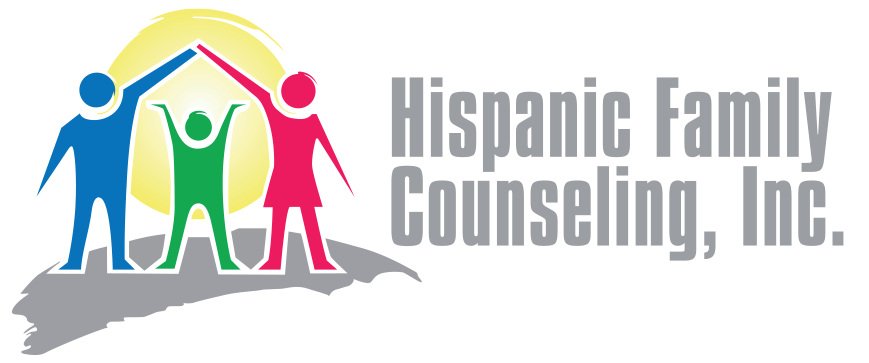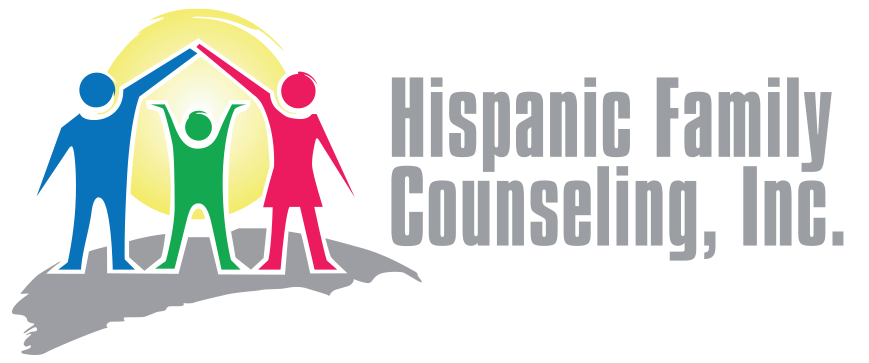The Benefits of Expressive Art and Mental Health
Los Beneficios de Arte Expresivo y la Salud Mental
Cuando creamos libremente, nos reconectamos con nuestro niño interior y jugamos. El juego es una de las formas más primitivas de terapia. Crear expresivamente puede hacerse de distintas maneras, como pintar, dibujar, crear collages, crear con barro, bailar libremente, cantar, escribir, cocinar y así muchas otras cosas más.
A continuación algunos ejercicios que podemos hacer:
1-Pintar de manera espontánea e intuitiva
La pintura intuitiva es una invitación a aceptar lo que pintamos .Todas estas formas de pintar, son bienvenidas. En un papel en blanco o rehusado, tela o cualquier superficie, comienza a pintar lo primero que sientas, seleccionando los colores que llamen tu atención. Puedes pintar con acuarela, pintura, crayones, o hasta con tierra.
Preguntas para hacer cuando estés pintando:
1- Qué pintaría si mi pintura no tuviera que verse bonita?
2- Qué pintaría si la pintura no tuviera que hacer sentido?
3- Qué pintaría si esta pintura no cuenta?
4- Qué pintaría si pudiera ser totalmente libre?
5- Qué pintaría si pudiera relajarme o ser espontáneo?
6- Qué pintaría si pudiera jugar libremente con la pintura?
7- Qué pintaría si fuera un niño bien pequeño?
Si no sabes que pintar, comienza pintando un punto y déjate llevar. Pintarás por el proceso y no por el resultado. Lo verdaderamente importante en cualquier acto creativo es el proceso de expresarte. Las experiencias creativas te pueden ayudar a expresar y manejar tus sentimientos.
2- Garabato
Garabatear es dejar que las energías contraídas o reprimidas dentro de ti se desarrollen y se expresen para liberar tu creatividad. No hay manera de salir mal. Puedes hacerlo con tu mano que no es dominante para soltar el control. Puedes también bailar el garabato al ritmo de la música, mueve tu cuerpo, y haz un garabato que refleje el movimiento. Bailar y movernos calma la ansiedad.
3- Escribir continuamente
Simplemente toma 1 pedazo de papel y un lápiz, y luego escribe lo que se le ocurra hasta que la página esté llena. El objetivo es escribir tus pensamientos en tiempo real a medida que se desarrollan. Simplemente escribe lo que te le ocurra, incluso si es algo tan simple como "No sé qué escribir en este momento". Al practicar este ejercicio, estás descargando pensamientos y liberando tu mente para estar más concentrado, tranquilo y en el momento durante todo el día, por lo que puede ser un antídoto perfecto para todo tipo de pensamiento excesivo.
4- Collage intuitivo
En un papel en blanco, pega laminas o figuras que llamen tu atención, pueden ser hojas o flores, recortes de periódico, recortes de revistas, cualquier cosa que llame tu atención. Luego de tener las imágenes puedes pintar alrededor de ellas y escribir frases que vengan a tu mente con esas imágenes. El collage intuitivo proporciona una "liberación simbólica" de emociones, incluso si aún no estás consciente de lo que son; libera nuestra mente.
Todas las personas tenemos distintas necesidades y nos comunicamos de diferentes maneras. Así que, para muchos, el arte es una vía para expresar su sentir, para sanar y para superar traumas, entre otros beneficios.
The Benefits of Expressive Art and Mental Health
When we create freely, we connect with our inner child and play. Play is one of the most primitive forms of therapy. Expressively creating can be done in a number of ways, such as painting, drawing, creating collages, creating with clay, dancing freely, singing, writing, cooking, and many other things.
Here are some exercises that we can do:
1-Painting spontaneously and intuitively
Intuitive painting is an invitation to accept what we paint. All these ways of painting are welcome. On a blank or reused paper, fabric, or any surface, start painting the first thing you feel, selecting the colors that catch your eye. You can paint with watercolor, paint, crayons, or even with dirt.
Questions to ask when you are painting:
1- What would I paint if my painting didn't have to look pretty?
2- What would you paint if a painting didn't have to make sense?
3- What would you paint if this painting doesn't count?
4- What would you paint if you could be totally free?
5- What would you paint if I could relax or be spontaneous?
6- What would you paint if you could freely play with paint?
7- What would you paint if you were a very small child?
If you don't know what to paint, start by painting a dot and let yourself go. You will paint for the process and not for the result. What is truly important in any creative act is the process of expressing yourself. Creative experiences can help you express and manage your feelings.
2- Scribble
Scribbling is allowing the contracted or repressed energies within you to develop and express themselves to unleash your creativity. There is no way to go wrong. You can do this with your non-dominant hand to loosen control. You can also dance the scribble. To the rhythm of the music, move your body, and make a doodle that reflects the movement. Dancing and moving calms anxiety.
3- Write continuously
You just take 1 piece of paper and a pencil and then write whatever comes to mind until the page is full. The goal is to write down your thoughts in real-time as they unfold. Just write whatever comes to your mind, even if it's something as simple as "I don't know what to write right now." By practicing this exercise, you are unloading thoughts and freeing your mind to be more focused, calm and in the moment throughout the day, so it can be a perfect antidote to all kinds of overthinking.
4- Intuitive collage
On a blank paper, stick pictures or figures that catch your attention, it can be leaves or flowers, newspaper clippings, magazine clippings, anything that catches your attention. After having the images you can paint around them and write sentences that come to mind with those images. The intuitive collage provides a "symbolic release" of emotions, even if you are not yet aware of what they are; it frees our minds.
Everyone has different needs and we communicate in different ways. So, for many, art is a way to express their feelings, heal, and overcome trauma, among other benefits.



